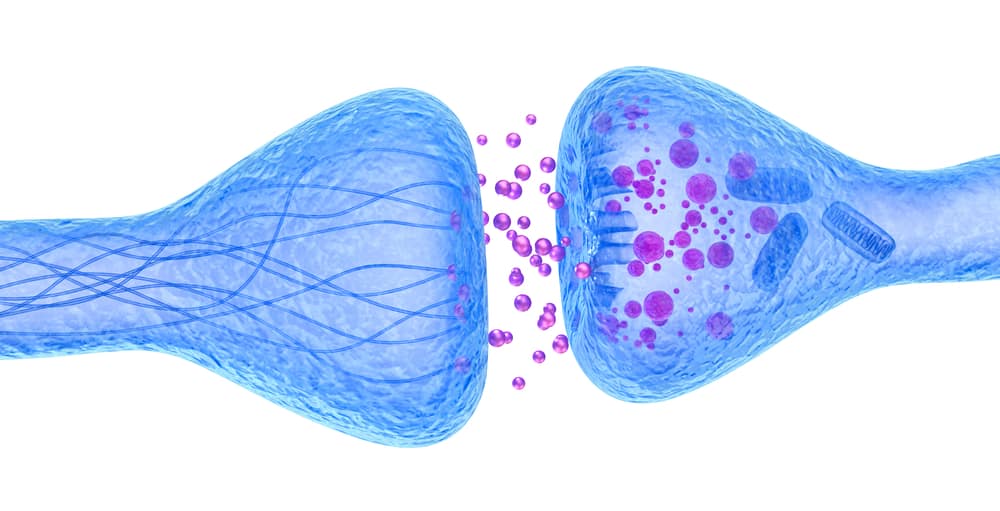If you’ve heard anything about the opiate epidemic plaguing the U.S., you might have also wondered what it is about these drugs that make people so quickly addicted to and dependent on them. Many people wonder, “Why do opiates make you feel good?”
These are questions that can be answered by understanding how opiates work on the brain and the natural chemistry of your body.
Some of the most commonly used opioids include:
- Heroin
- Vicodin(opioid-containing medication)
- Oxycontin
- Dilaudid(opioid-containing medication)
- Duragesic
Some of these substances are brand names for frequently abused opioid-containing medications, which are a group of drugs used to treat pain. Along with prescription opioids, which make up the majority of the above list, heroin is an illicit street drug that is also an opioid.
Treatment Can Be Life Changing. Reach out today.
Whether you are struggling with addiction, mental health or both, our expert team is here to guide you every step of the way. Don’t wait— reach out today to take the first step toward taking control of your life.
In the above list, heroin is the only direct derivative of opium, which originates from thepoppy plant. The other opioids listed are synthetic substances derived frommorphine. While the terms opiate and opioid tend to be used interchangeably, opiate actually refers to the substances that are closely related toopium, while opioids is an umbrella term that encompasses both naturally occurring opiates and synthetic (and semi-synthetic) opioid drugs like OxyContin.

Why Opiates Make You Feel Good
So, what is it about opiates that make you feel good?
When someone takes opioids, they get an intense rush of pleasure or euphoria and that feeling can be addictive to many people. Opiates attach to certain brain receptors that are responsible for reward and pleasure. Opioid drugs block pain and also create feelings of calm, and they may have antidepressant effects, although this is not why they are used.
When you take an opiate, it makes you feel good because its chemical structure replicates a natural neurotransmitter, activating certain nerve cells. Then your brain is flooded with dopamine, which is the neurotransmitter responsible for the regulation of pleasure. Your natural reward system is overstimulated in a way that it couldn’t be naturally, thus the euphoria.
When your brain experiences that type of high, it often wants to repeat the behavior that created it, thus the tendency to continue using opiates, even in the face of negative consequences.
Our brains are designed to keep repeating activities that are associated with reward or pleasure and your brain rewires itself, and that’s what pushes you to keep using opiates.
It’s important to realize not just why opiates make you feel good, but how intense the artificial feel-good impact can be. When you take opioids, the endorphins are released at a much higher level than they would be naturally from a pleasurable activity.
Over time, the brain’s pleasure centers stop eliciting such a strong response though. Your brain starts responding to the flood of dopamine in a way that diminishes the euphoria of using opiates, which is how physical tolerance, and eventuallyopioid addiction, develop. It also becomes much more difficult to achieve not only the same high, but your brain’s neural function starts to change to the point where it’s difficult to derive pleasure naturally. However, the brain can recover and go back to its normal level of functioning over time.
Understanding why opiates make you feel good is also helpful to see how people can overdose relatively easily. As tolerance builds, people tend to continue chasing their initial high and they may start taking larger amounts of the drug or move to other drugs that are more potent. For example, people may start taking prescription opiates and then move to heroin. Not only can it be more potent than some prescription opioids, but heroin may also be cheaper.
Where Opioids Have An Impact
There are opioid receptors in the limbic system, the brainstem, and the spinal cord. However, of these, it is only the impact on the limbic systems that make you feel good. When someone takes opioids, they get feelings of pleasure, as well as contentment and relaxation, which involves the limbic system. In the brainstem is where opioids impact your body’s automatic life-sustaining functions, including slowing breathing and reducing feelings of pain.
The spinal cord also includes opioid receptors. When you take opioids, opioid receptors signal decreased feelings of pain, even with very serious injuries or high levels of pain. The spinal cord is not the only or even the main, area where opiate-induced analgesia occurs. These effects occur in the spinal cord, but also in the brain and peripheral nervous system.
Also relevant to the discussion of why opiates make you feel good is the influence of how they’re taken. The effects of opioids depend on how much you take and also how they’re taken. For example, if you inject opioids, it will create a more intense high and it will start acting more quickly. On the other hand, if you swallow opioid pills, they take longer to reach the brain.
Why opiates make you feel good is all about your brain’s chemistry, but it’s important to realize that the euphoric feeling of the first high becomes increasingly more difficult and dangerous to replicate. When you take opiates, you rewire your brain in a way that can take years to recover from.








